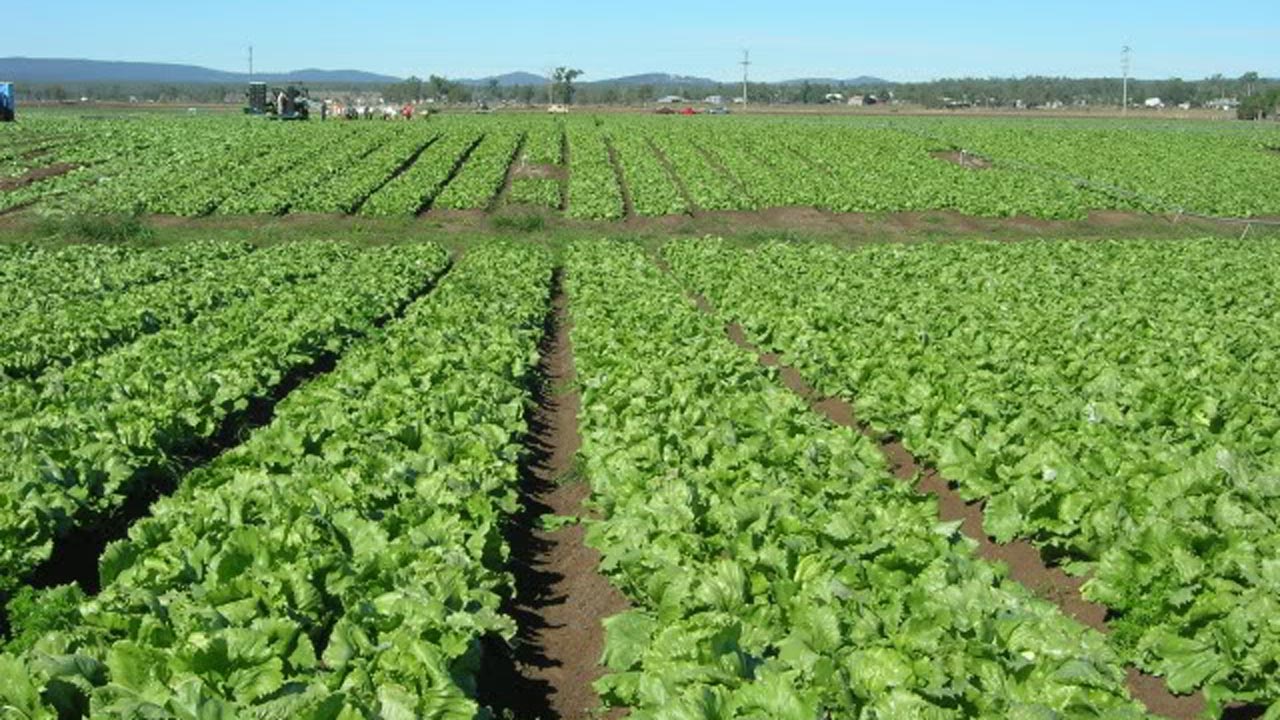- Diversification, Agric Evolution and Financing Opportunities
The Nigerian banking system plays the important role of promoting economic growth and development through the process of financial intermediation. One of the more recognised ways of creating jobs, reducing poverty and achieving economic growth and development is by the timely extension of credit to the to the agriculture sector through their activities.
The agriculture sector contributed 22.5 per cent to Nigeria’s overall gross domestic product (GDP) in the second quarter of 2016 and real agricultural GDP growth for the period was 4.53 per cent (year-on-year), according to data from the National Bureau of Statistics (NBS).
This is higher than the headline GDP figure (-2.07 per cent) suggesting that recent interventions in the sector by the Central Bank of Nigeria (CBN) and banks are paying off.
For example, DMB’s credit to the agriculture sector as a percentage of total loans has more than tripled to about 4.9 per cent today from below one per cent in 2009.
In recent years, the sum of over N1.7 trillion of seed funding, has been set aside under five CBN intervention programmes to stimulate development of various agricultural value chain segments from primary production to market access with multiplier effects that cannot be overemphasised. These programmes are meant to support small, medium and commercial/large scale agriculture.
Some of these schemes include the Agricultural Credit Guarantee Scheme (N69 billion); Commercial Agricultural Credit Guarantee Scheme (N200 billion); the Nigerian Incentive-Based Risk Sharing System for Agricultural Lending (N200 billion); and Small and Medium Enterprises Credit Guarantee Scheme (N200 billion). In addition to funds created by the CBN, commercial banks have also set up agriculture desks in their respective organisations, signaling a renewed commitment to support and sustain the growth of the sector.
The Commercial Agriculture Credit Scheme (CACS)
Tremendous progress has been recorded under the Commercial Agriculture Credit Scheme (CACS). For example, from inception in 2009, a sum of about N266.025 billion has so far been released to the economy through 20 participating banks funding about 347 projects.
The analysis of the number of projects financed under CACS by value chain showed that out of the 347 CACS-sponsored projects, production accounted for 57.06 per cent, while processing accounted for 33.14 per cent, distantly followed by marketing, storage and input supplies.
A total number of 29,046 jobs were created- 11,717 direct and 17,329 indirect employments during the period under review, while five out of the 310 private projects are owned and managed by women.
Union Bank of Nigeria and United Bank for Africa Agriculture Strides
Examples of banks offering agricultural micro-loans for farmers in Nigeria are Union Bank of Nigeria (UBN) and United Bank for Africa (UBA). Union Bank has over a sustained period of time, provided revolving micro credit to rural farmers as a means of driving investment in the agriculture sector, while UBA in 2009, floated the largest private sector funding scheme of N50 billion to support agriculture and agro-processing industries in Nigeria and targeted at all segments of the agriculture chain, from small and medium scale farmers to large, industrial farming projects in poultry, fishery, crop cultivation, production, plantation, farm machinery, and hire services.
Union Bank was recently named the “Best participating bank in Nigeria” under the CBN Agricultural Credit Guarantee Scheme Fund (ACGSF) and “Best Commercial Agriculture Bank” by Nigeria Agriculture awards. The Greener Pastures Initiative is Union Bank’s flagship agricultural initiative that provides support to small-holder farmers and cooperatives, and focuses on harnessing the relationships built through the bank’s long -standing agribusiness department.
On the other hand, UBA was also honoured recently with an award as Nigeria’s biggest lender to agriculture by the Lagos Chamber of Commerce and Industry (LCCI). UBA’s agriculture fund is part of its Food for the Nation programme, and is aimed at improving food security, poverty alleviation, and providing a timely boost to agriculture.
UBA has sustained its commitment to the agriculture sector by committing an average of seven per cent of its loan book to agriculture financing and was one of the two banks selected in 2010 to administer the N200 billion Agriculture Fund set up by the CBN because of its commitment to agricultural financing as well as its spread across the country.
The UBA facility will be available to farmers at below single-digit interest rates through three credit products- the Agriculture Credit Support Scheme, Agriculture Credit Guarantee Scheme, and Food Security Support. Beneficiaries who must be practicing farmers and belong to farmer’s associations or co-operatives throughout the entire agriculture value chain can also avail themselves of facilities provided by the scheme through any of the over 750 business offices of UBA.
Projects to be financed include rice, wheat, maize, millet, sorghum, cassava, yam, poultry – chicken and eggs, animal husbandry –cattle – as well as fish farming.
Nigeria’s agricultural revolution has been reinvigorated and deposit money banks are well positioned to provide the financial support required to make Nigeria not just self-sufficient, but a net exporter of processed food items.
• This is the second article in a series for the Bankers Committee of Nigeria. It is focused on raising awareness around Nigerian banks’ efforts and most importantly educating the public on opportunities available to them to foster their active participation in our nation’s diversification efforts.


 Forex3 weeks ago
Forex3 weeks ago


 Naira2 weeks ago
Naira2 weeks ago
 Billionaire Watch2 weeks ago
Billionaire Watch2 weeks ago




 Naira3 weeks ago
Naira3 weeks ago




 Naira2 weeks ago
Naira2 weeks ago




 Naira1 week ago
Naira1 week ago




 Naira4 weeks ago
Naira4 weeks ago




 Naira4 weeks ago
Naira4 weeks ago





















